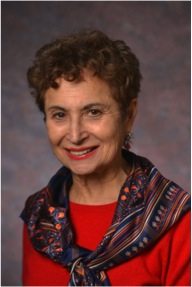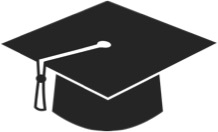iJOBS Site Visit Recap: Bayer
On November 1, 2017, iJOBS hosted a site-visit to Bayer in Whippany, NJ. This location is Bayer’s U.S. headquarters for the Pharmaceuticals and Consumer Care divisions. The day began with a talk by Edio Zampaglione, MD, Vice President of U.S. Medical Affairs for Women’s Healthcare and Neurology.

 ional, before embarking on the epic journey that is a graduate dissertation.
ional, before embarking on the epic journey that is a graduate dissertation.